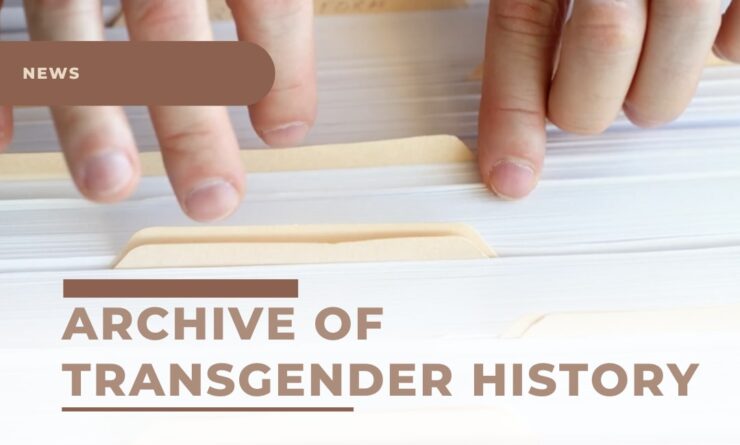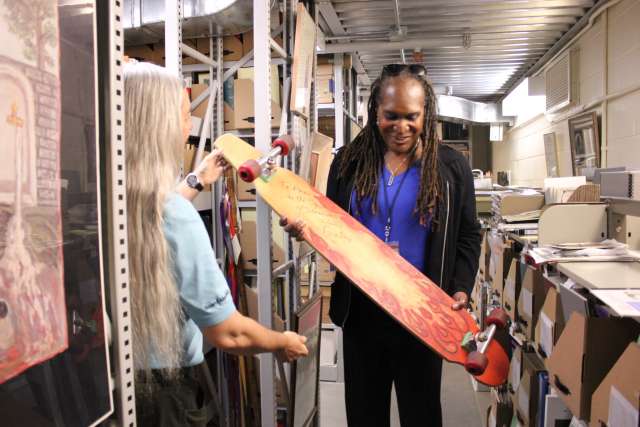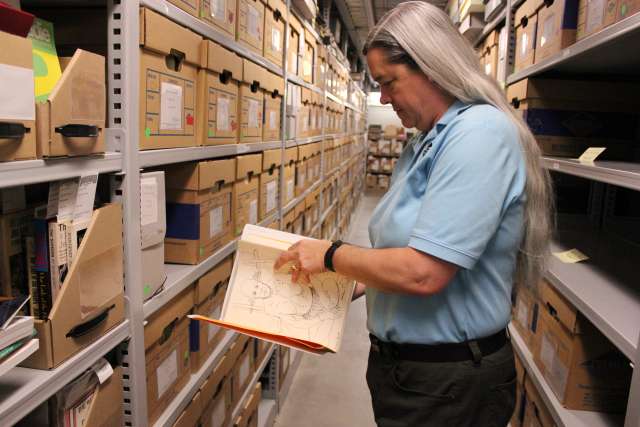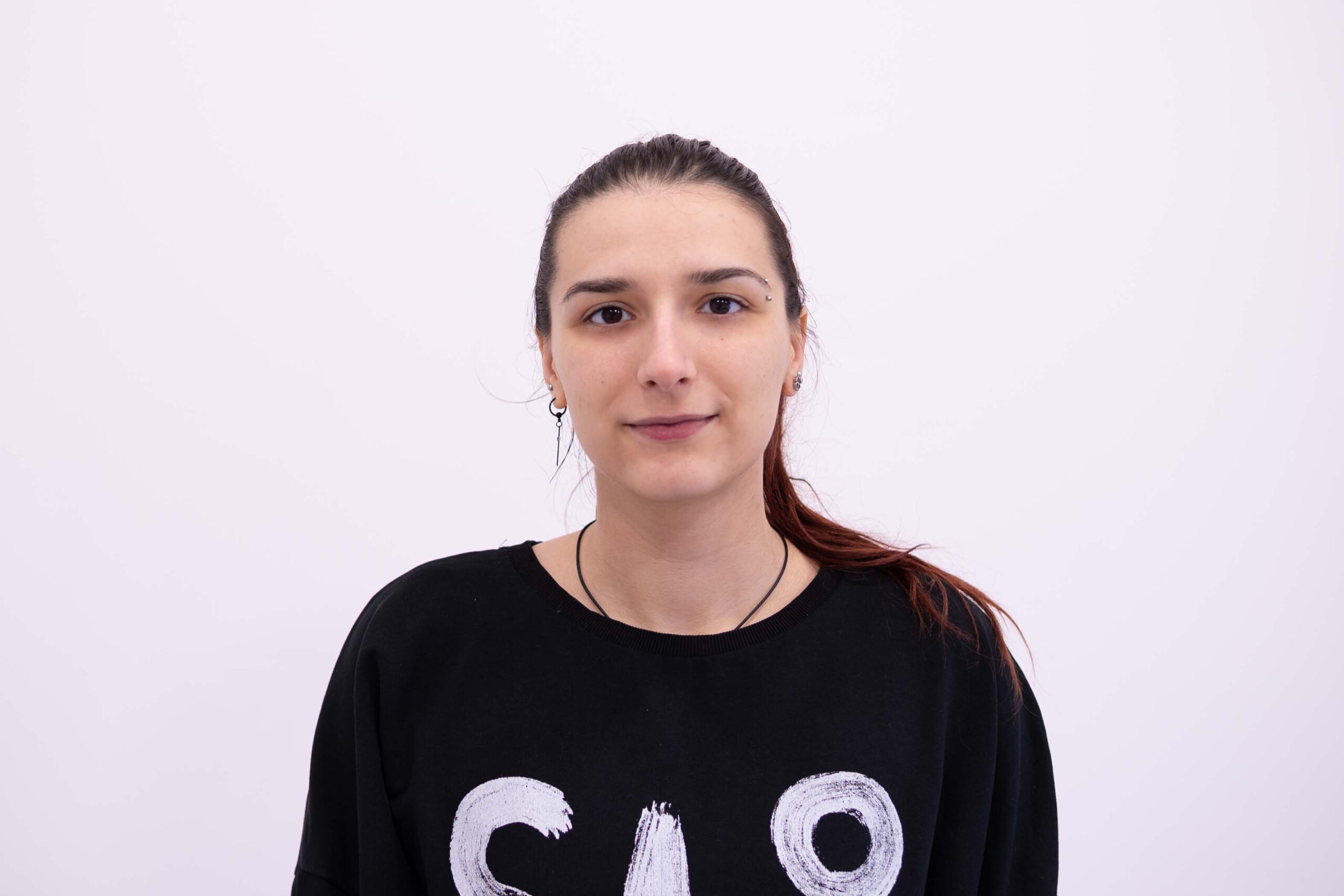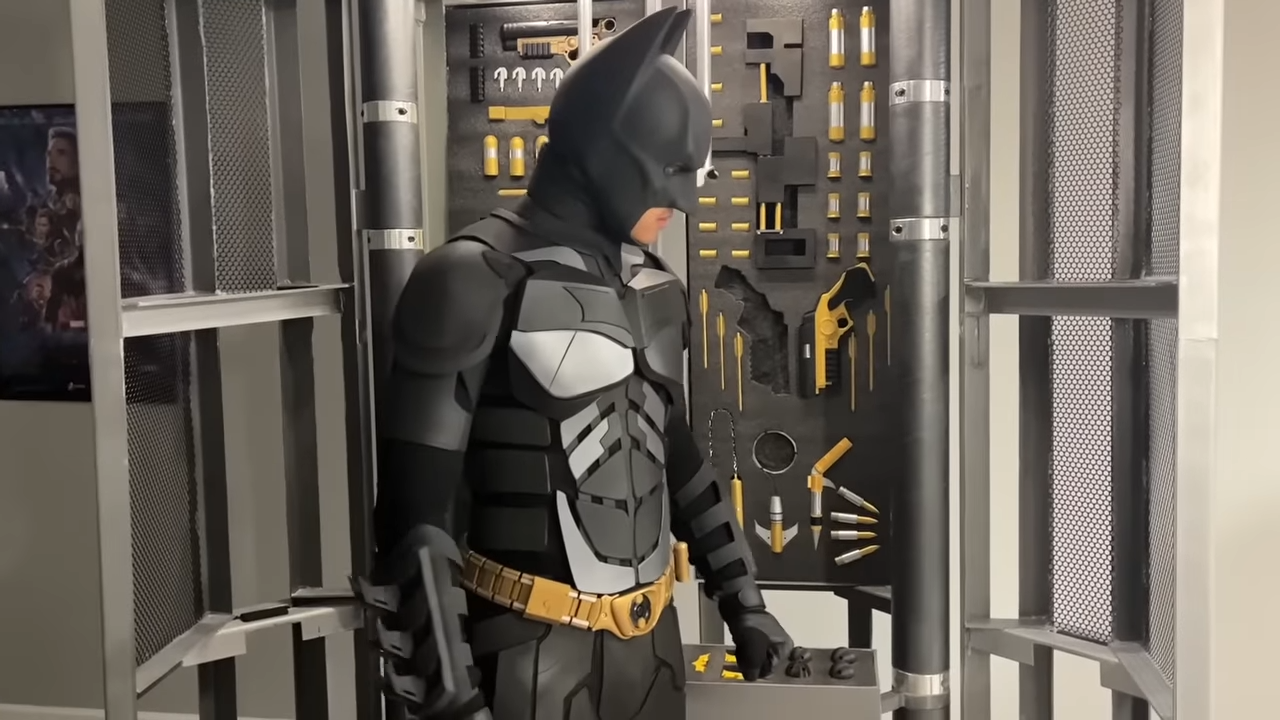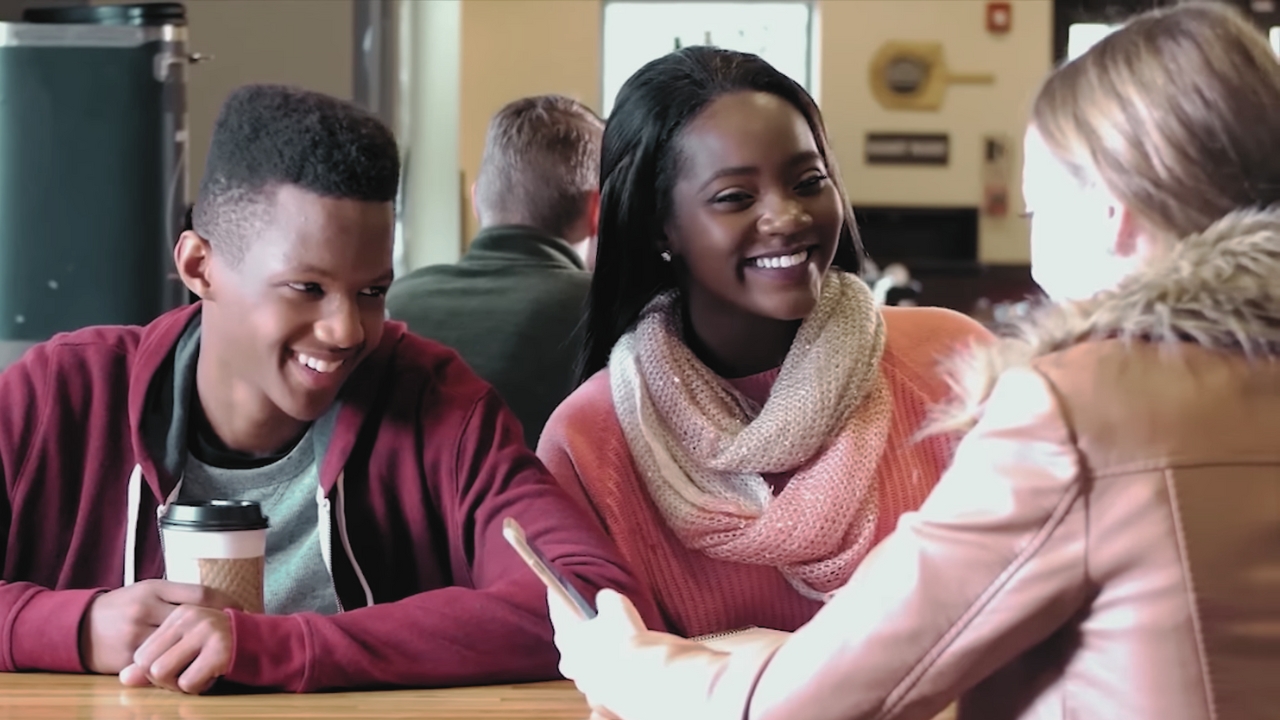Caverns built into the Mississippi River bluffs contain more than 100,000 items on GLBT history. But the records have a notable gap. There is little documentation from the transgender community.
“The conundrum is that you’re trying to study and document the experience of people whose survival depended on their remaining hidden,” said Lisa Vecoli, curator of the Jean-Nickolaus Tretter Collection in Gay, Lesbian, Bisexual and Transgender Studies. She explained that transgender individuals decades ago often didn’t save their records, or their families destroyed records upon their deaths.
“We’re trying to document something that people were going to great lengths to hide,” she said.
Now Andrea Jenkins, former senior policy aide to Councilmember Elizabeth Glidden, is working to record transgender history before more of it is lost.
Jenkins is a working artist and poet, the board chair at Intermedia Arts, and a 12-year veteran of Minneapolis politics. She will record up to 400 hours of oral histories from 200-300 individuals in the Upper Midwest.
“Collecting oral histories, there is an art to it. It feeds my need and desire to create art … and really pull out what is beautiful and rich about these stories,” she said.
For Jenkins, telling her own story has become easier over time — vulnerability is a trait of leadership, she said.
“The reason why I’m willing to do that is because I know that it can help move and shake people’s awareness around transgender people’s lives,” she said.
Table of Contents
ToggleJenkins’ story
Jenkins grew up in Chicago, living in neighborhoods like North Lawndale on the west side. The neighborhood was very impoverished, she said, with gang and drug activity that kept a status quo of poverty and mass incarceration in place.
“One of the things I really appreciated and admired — my mom would always try to move us to a better neighborhood once it got so overbearing that she was fearful of even letting us go out to play,” she said.
The family eventually moved to a middle-class South side neighborhood, and Jenkins grew up influenced by Chicago’s political theories and strong traditions in community organizing.
“I was raised in that bubbling melting pot,” she said.
An eighth grade teacher saw potential in Jenkins. She secured a spot at Lindblom Technical High School, a college prep school where nearly all attendees went on to college.
Despite playing High School football and later serving as president of her fraternity at the University of Minnesota, Jenkins had always privately identified as a woman.
“It’s who I am, and you can’t deny who you are,” she said. “I remember I used to pray, ‘God, why me? You gave me this perfect male body that some people even envy, but it doesn’t match up with my internal concept of who I am.’”
Jenkins came out as a woman and was able to finally express herself while working for Hennepin County. Many people start life anew in a different town when they transition, but Jenkins didn’t want to leave her network in Minneapolis.
Today Jenkins considers it a gift to have experienced life in multiple genders.
“I’m not sure if I would have the same sort of concepts and ideas around human justice if I weren’t transgender,” she said.
Jenkins said she’s likely the first transgender person many city officials have worked with directly.
“I do think that I am the first transgender person of color that is able to be in these really high-level meetings and really adding to the dialogue of public policy agendas in a meaningful way, in a way that people actually hear,” she said.
Some people have told Jenkins that working with her and getting to know her has shifted their ideas about the transgender community.
“[That] is very heartening and empowering to hear,” she said. “Just by being myself, not necessarily being an advocate.”
While on Glidden’s staff, Jenkins worked on the Transgender Issues Work Group plan. She was thrilled to recently learn that the Minneapolis Police Department will start training new recruits, and eventually the entire department, on effective police interactions with the transgender community.
Jenkins is also active in the Trans Lives Matter movement, working to raise awareness of high levels of homelessness and violence that transgender women of color face. So far in 2015, she said, 10 transgender women of color have been murdered.
She noted the discrepancies between the cases of CeCe McDonald in Minneapolis and George Zimmerman in Florida. According to news reports: McDonald, a transgender woman, testified that she killed a racially-motivated attacker in self-defense and served 19 months in prison. A year later, a Florida jury acquitted Zimmerman for shooting Trayvon Martin in purported self-defense.
Jenkins said one sign times are changing is the publicity surrounding actress Laverne Cox of “Orange Is the New Black.” Cox made the cover of TIME last year and was recently named one of TIME Magazine’s 100 most influential people.
“There is much more positive media that is being produced around transgender lives and transgender people,” she said.
The Archives
Before Laverne Cox, early inspirations for the GLBT community are catalogued in the Tretter Collection.
The archive started in the apartment of Jean-Nickolaus Tretter, a gay man who organized the first local commemoration of the Stonewall Riots in 1972 (the origins of TC Pride). The records came to the University of Minnesota after a scare with the state fire marshal.
“People were afraid the apartment was going to be condemned,” Vecoli said.
The archives are now stored in pressurized caverns that are cool, dry and dark to help preserve paper. (The caverns also hold overflow storage for the Hennepin County Library.)
“This is what a million-and-a-half books looks like,” Vecoli said on a recent tour.
The archive includes more than 30 boxes of files from Jack Baker and Michael McConnell, who applied for a marriage license in the late 60s. They saved both hate mail and letters of support.
“They were very conscious that they were changing history, and they kept everything,” Vecoli said.
Vecoli has spent the past year processing and digitally cataloging materials in the archive.
“When I started, I had 2,500 boxes and I didn’t know what was in them,” Vecoli said.
The boxes contain a book singed by fire that belonged to the German doctor Magnus Hirschfeld, an advocate for sexual minorities whose library was burned in 1933 for being un-German. There are comics like Batgirl, featuring the first transgender character to appear in a mainstream comic book.
There are records from the former Amazon Bookstore at 48th & Chicago. Attorney Ron Meshbesher donated his records from the 1967 DSI Obscenity Trial, in which a judge dismissed charges against two owners of Directory Services Inc. for producing and mailing explicitly gay material.
“One of the things that’s really magical about an archive is you don’t know what you’re going to find, and you don’t know what to expect,” Vecoli said. “Sometimes you find nothing and sometimes you find things that fundamentally change the way you view your question or your research topic.”
She came across an article about homosexual marriage in one of the first issues of the magazine ONE, which launched in 1953. It was the first broadly distributed homophile publication in the U.S., she said.
“What that said to me was that the gay community has been talking about the question of marriage since we first had a way to communicate,” Vecoli said. “That stopped me in my tracks.”
Another surprising find was a 1972 Minneapolis Tribune survey on social attitudes of young Minnesota adults. When asked whether homosexuals should be allowed to marry, 50-46 percent were in favor.
“It completely challenges what I thought was going on,” Vecoli said.
Vecoli noticed that much of the archived material pertains to the experience of gay white men. Hundreds of publications advertising alcohol and cigarettes catered to gay white men, and many more organizations were devoted to their concerns.
In the transgender community, however, “there is just less to collect,” she said. She decided to launch the oral history project to give transgender speakers a chance to control the narrative.
“It was a question of what can I do differently to document the trans experience, because I can’t rely on the usual strategies,” Vecoli said. “It was the best way that I could think of to bring the voices of the trans community into the archive.”

